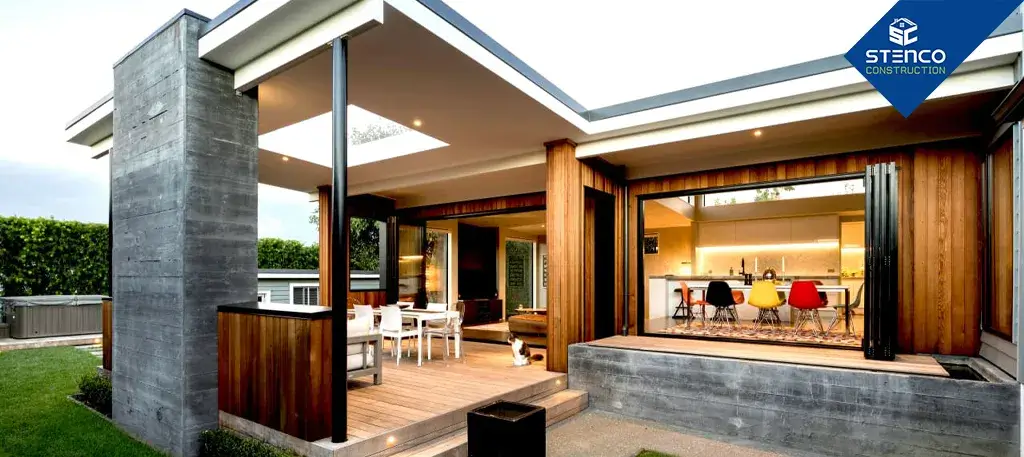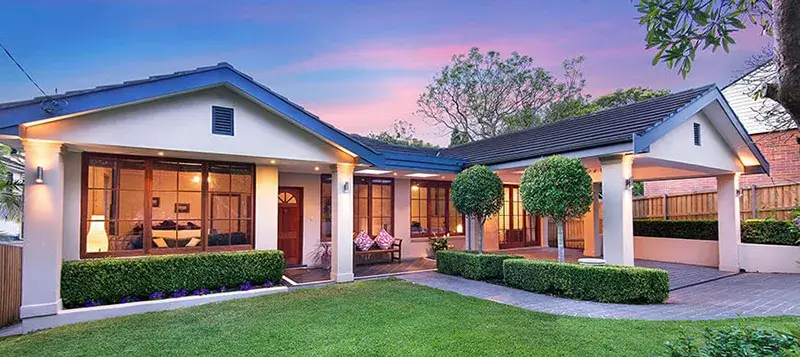CALL US FREE ESTIMATE
CALL US FREE ESTIMATE

A home extension refers to the process of expanding or adding onto an existing home to increase its living space, improve its functionality, or enhance its aesthetic appeal. Planning and managing a home extension project can be daunting, as it requires careful consideration of various factors, including site analysis, design, budget, and construction management. This article will provide top tips for managing your home extension project. Following these tips ensures a smooth and successful home extension project that meets your needs and exceeds your expectations.
By taking a thoughtful and deliberate approach to the design process, you can ensure that your home extension meets your needs and exceeds your expectations.
Determine what you hope to achieve with your home extension. Identify any specific needs, such as additional living space, a new bathroom, or a larger kitchen.
Consult an experienced architect or designer to help bring your vision to life. Work with them to create a design plan that meets your needs and fits within your budget.

Develop a detailed design plan that includes floor plans, elevations, and material specifications. Consider the impact of the extension on your home's overall aesthetic, and work to ensure that the extension seamlessly blends with the existing structure.
Choose materials and finishes that complement the existing structure and fit within your budget. Consider factors such as durability, maintenance, and energy efficiency when selecting materials.
By taking a proactive approach to budget and cost management, you can ensure that your home extension project stays within budget and meets your financial goals. Here are some tips to help you manage your budget and control costs.
Establish a budget that takes into account all aspects of the project, including design, materials, permits, labor, and any unexpected costs. Factor in a contingency budget of at least 10% to 20% of the total project cost to cover any unexpected expenses that may arise.
Obtain quotes from at least three different contractors to compare prices and ensure that you are getting a fair price for the work. Don't necessarily choose the lowest bid, as this may indicate that the contractor is using lower-quality materials or cutting corners.
Regularly review the construction progress and costs to ensure the project stays within budget. Address any issues or concerns with your contractor promptly to avoid cost overruns.
Avoid making changes to the project scope once construction has begun, as this can add significant costs. If changes are necessary, work with your contractor to develop a plan that minimizes the impact on the budget and timeline.

The next step is to hire contractors and manage the construction process. Here are some tips for hiring contractors and managing your home extension project.
Work with your contractor to develop a realistic project timeline that considers factors such as weather, availability of materials, and other potential delays. Establish regular check-ins and communication with your contractor to ensure the project stays on track.
Maintain open lines of communication with your contractor and any subcontractors to ensure everyone is on the same page. Address any issues or concerns as they arise to avoid delays or miscommunications.
Regularly inspect the construction progress to ensure the work is being completed according to the design plan and within the agreed-upon timeline. Address any issues or concerns promptly to avoid further delays.
Once the construction phase of your home extension project is complete, there are still some final touches that need to be made to ensure the project is fully completed. Here are some tips for completing your home extension project:
Have your contractor arrange for a final inspection to ensure that the work meets all building codes and regulations. Address any issues or concerns raised during the inspection promptly to ensure the project is fully completed.

Have the construction site cleaned up and any debris removed to ensure that the site is safe and presentable. Complete any finishing touches, such as painting or installing fixtures, to ensure that the extension is fully functional and aesthetically pleasing.
Plan your move-in and arrange for any necessary utilities, such as electricity and water, to be connected to the new space. Consider purchasing new furniture or reorganizing existing furniture to make the most of your new space.
Develop a maintenance plan to ensure the extension remains in good condition over time. Schedule regular maintenance, such as cleaning and inspections, to prevent any issues from developing.
Planning a home extension can be a complex and challenging process, but with proper planning and management, you can ensure that your project is completed on time, within budget, and to your satisfaction. Remember to communicate regularly with your contractor, monitor the progress of the project, and address any issues or concerns as they arise to ensure a successful outcome.
Stenco Construction recommends house extensions when your family is increasing and you don't have enough space to accommodate everyone or need extra storage. A house expansion helps you to make the most of the available space. It is preferable if you have lived in the same house for many years and do not want to move into a larger one.
No matter what type of project you have, we can help